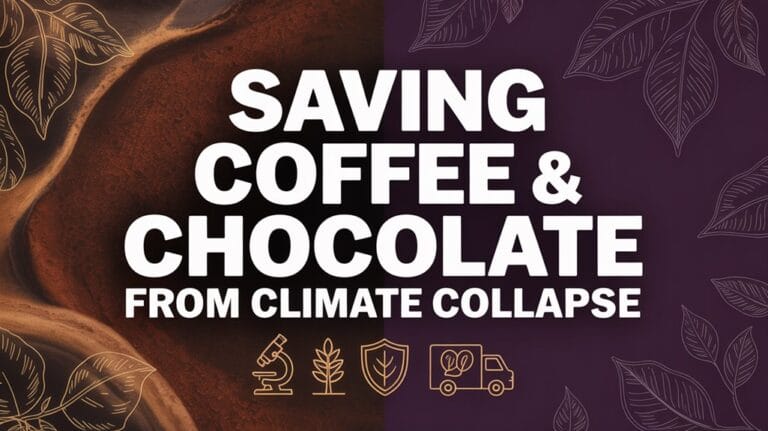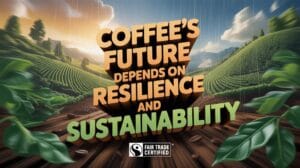How will Europe keep coffee and chocolate flowing? The EU funds research, farmers, and tech to protect vulnerable crops.Researchers study how heat, rain shifts, and pests harm yields. They also test soil microbiome health to boost plant resilience. Better soil microbes can help plants cope with stress and disease. Trials are underway in West Africa, Latin America, and Asia. Farmers join field tests to try shade trees, mixed crops, and soil treatments. Early results show healthier trees and steadier yields.The EU also backs rules to cut deforestation from supply chains. Sellers of coffee and chocolate must prove their crops didn’t come from cleared forests after December 2020. The rule aims to track goods back to farms. Companies must do due diligence and improve traceability. Some lawmakers delay full action, and that slows progress, observers warn.Climate models predict big losses in suitable land for Arabica and Robusta coffee by mid-century. Cocoa faces stress from prolonged heat and unusual rains. Producers like Ivory Coast and Ghana are seeing hotter seasons that hurt flowering and boost diseases. Floods and droughts have already damaged harvests and pushed prices up. That’s alarming for the €44 billion chocolate industry in the EU.Innovation is part of the strategy. Start-ups grow coffee and cocoa in labs using cellular agriculture. Lab-grown products use less land and water and avoid some farm risks. They could ease pressure on wild and farmed supplies. But scientists say more research is needed to scale these methods and confirm taste and safety.The EU funds training in agroecology, better processing techniques, and low-carbon shipping. It also pushes for support to smallholder farmers. Policymakers say strong climate action at home and abroad will protect supply chains. The coming years will test whether money, rules, and science can keep cups and bars on European shelves. D

EU Invests Billions in Research Protecting Coffee and Cacao From Climate Doom
EU funnels billions to save coffee and chocolate from climate collapse — but will rules, lab-grown alternatives, and farmers be enough? Read on.
How will Europe keep its morning cup of coffee and favorite chocolate from disappearing? The EU is pouring money into research and climate finance to protect crops. Officials say funds will back farmers, science, and new tech. The goal is to secure supplies that come from places already hit hard by climate change. Experts note that many cocoa and coffee regions have low resilience. They need help fast.

